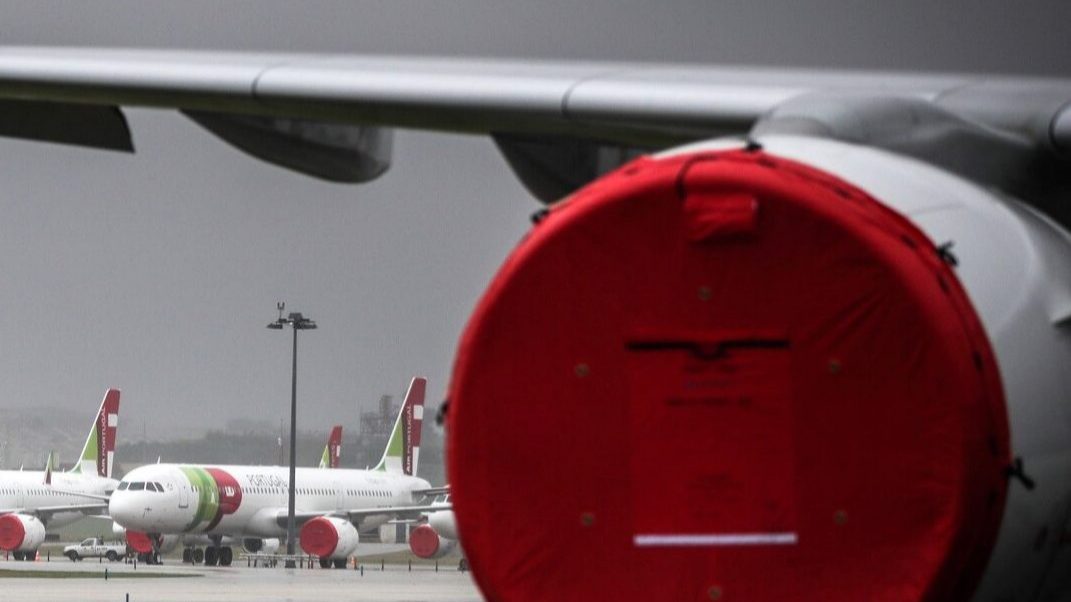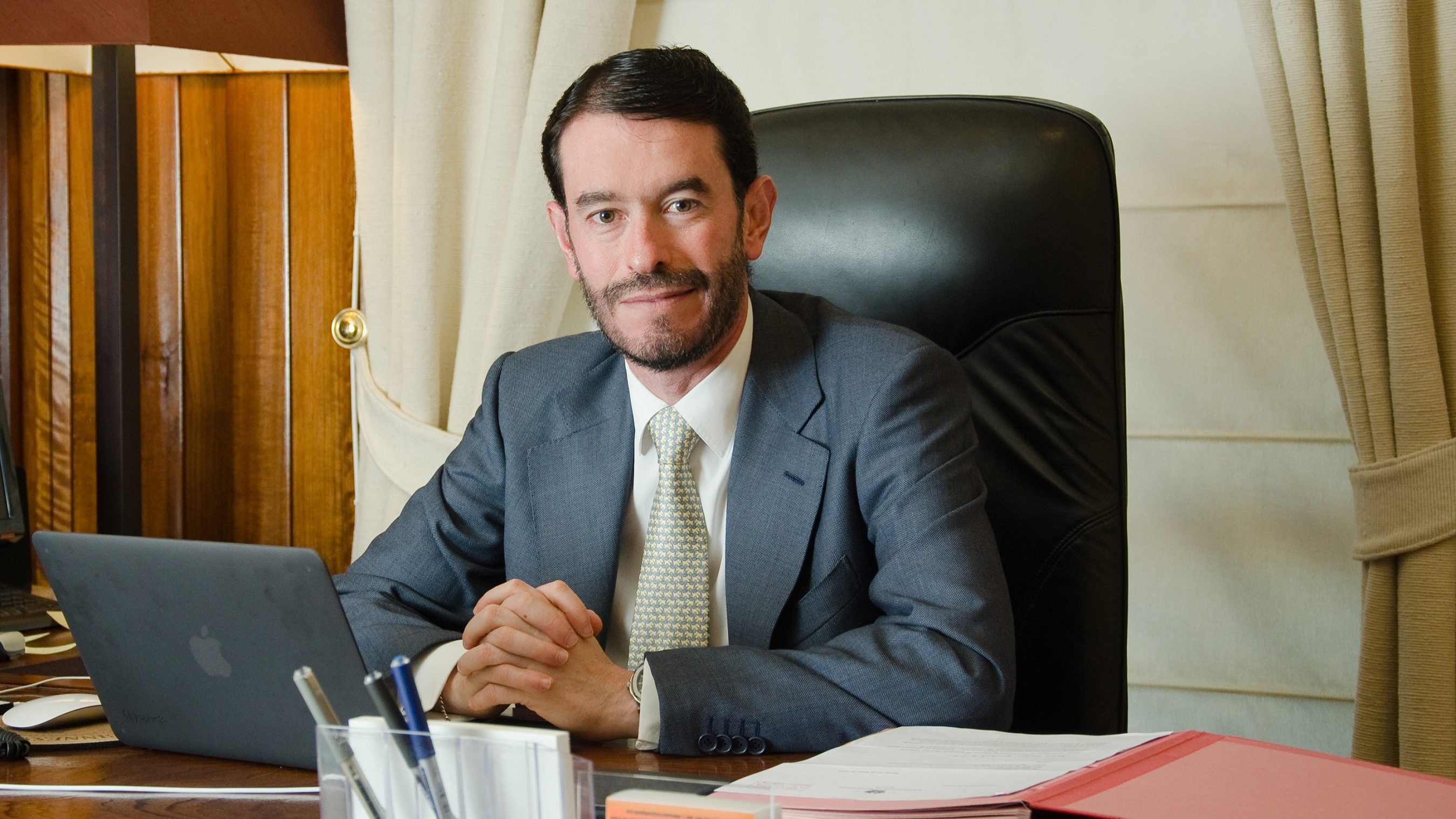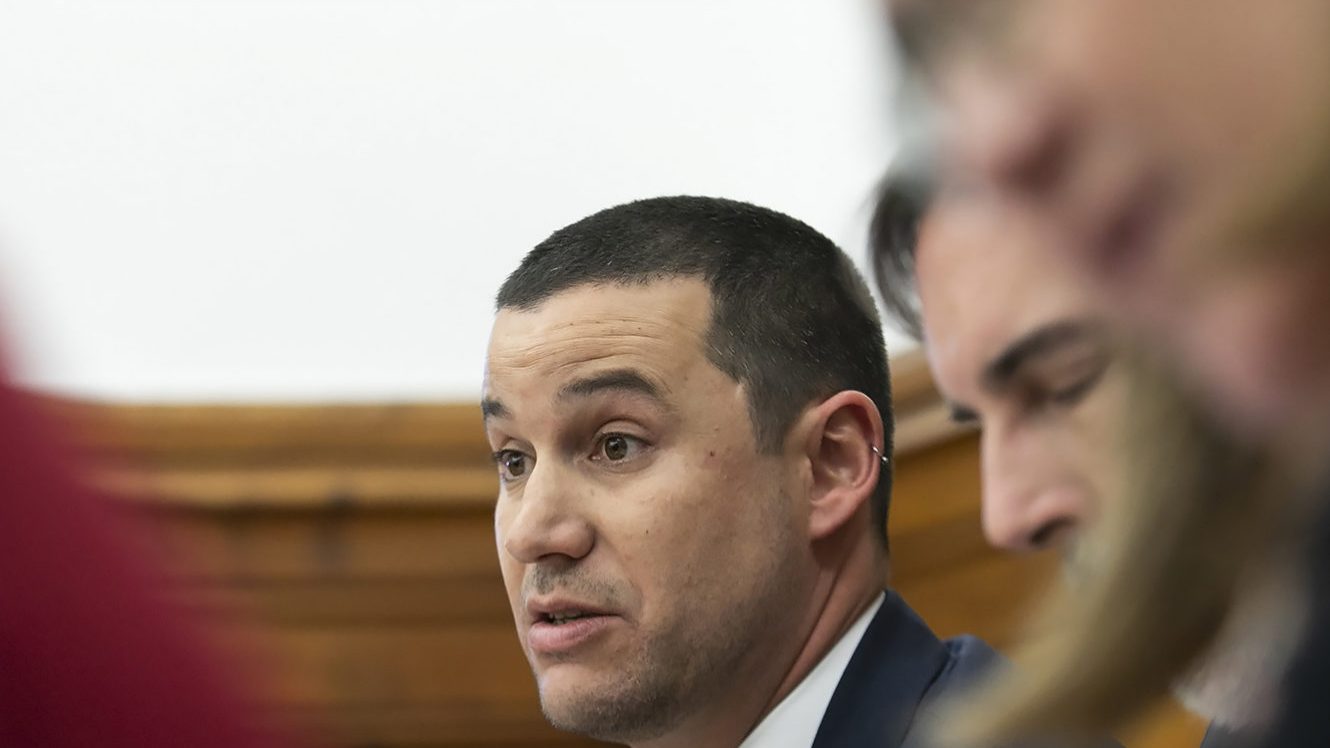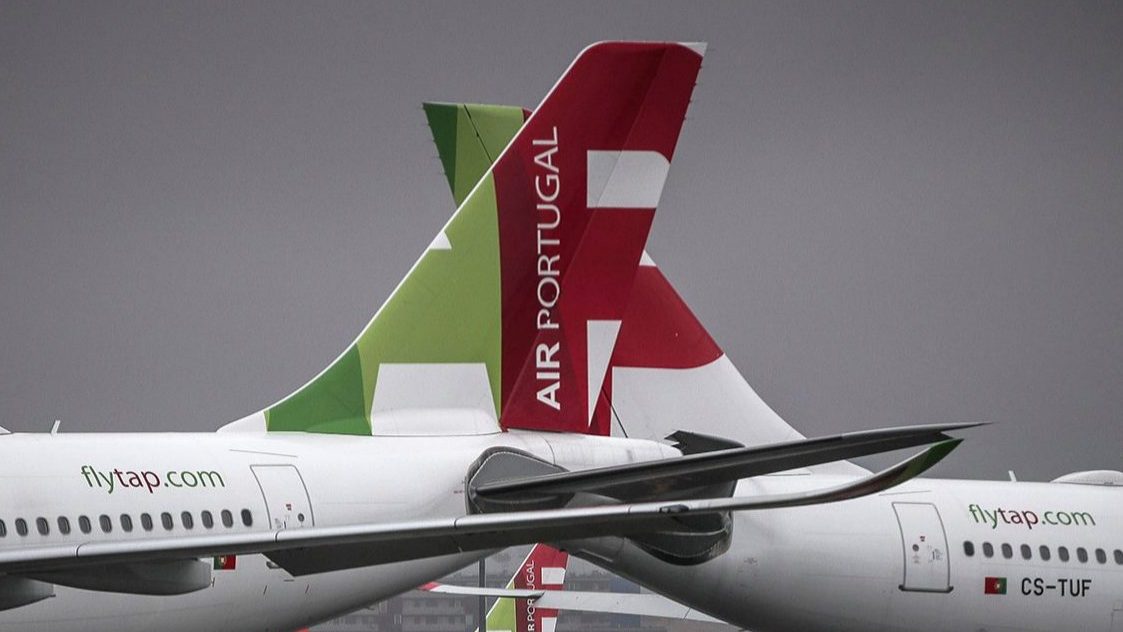‘No reason’ Neeleman was paid €55M to leave TAP
Lacerda Machado explained that the private shareholders had put in €226 million, and the state, with 50% of the capital, had put in "zero".
Former TAP board member Diogo Lacerda Machado said on Thursday that he did not understand the €55 million paid to David Neeleman to leave the shareholder structure in 2020 because, he said, the shareholder agreement was “no longer worth it”.
“I have no idea, I had not the slightest involvement in that circumstance. […] You’ll have to ask that question to whoever made that decision. I don’t understand it,” Diogo Lacerda Machado said at the TAP inquiry committee when asked by Bloco de Esquerda MP Mariana Mortágua if he knew of the €55 million payment to David Neeleman to leave the airline and if he knew the reason for it.
In 2020, when TAP returned to state ownership, following the aid due to the problems caused by the pandemic, Lacerda Machado was a non-executive director of TAP, a position he left in April 2021, and the airline was under the supervision of the minister of infrastructures at the time Pedro Nuno Santos and, on the financial supervision side, the secretary of state for the treasury, Miguel Cruz.
In Lacerda Machado’s opinion, with the change caused by the Covid-19 pandemic and subsequent state aid, “all the agreements and contracts made until then lost any meaning”.
“My understanding is that the shareholder agreement was no longer in force, such a radical change in circumstances, in my understanding, led to all the capital invested in TAP until then being lost. In my opinion, the shareholders’ agreement was no longer valid,” he explained .
As for David Neeleman, who he considered to be “a brilliant man in the world of aviation,” Lacerda Machado stated that the shareholder’s objective was to exit TAP by going public, as he had previously done in other companies.
However, the state made it clear that it would not give up the 50% stake. “In my interpretation, this is why Neeleman said it was better to exit by selling his stake and not by going public,” he pointed out.
Mariana Mortágua also asked about the reconfiguration of the shareholder structure negotiated by Lacerda Machado on behalf of António Costa’s government after privatisation in the final stretch of the PSD/CDS-PP executive led by Pedro Passos Coelho and how it may have increased the state’s risks in TAP.
According to the shareholder agreement closed in 2017, when capital ratios fell below a certain threshold, private shareholders, called upon to capitalise, could pass this responsibility to Parpública, which was obliged to accept it.
Lacerda Machado explained that the private shareholders had put in €226 million, and the state, with 50% of the capital, had put in “zero”.
“It was necessary to negotiate with the banks, and what they were saying was ‘the shareholders – whatever they are for this purpose – if TAP is on the verge of defaulting, they have to reinforce with ancillary instalments or capital’. […] One had already put in, the other had not put in anything, in fact, the majority shareholder. The truth is that it was not necessary, everything went extraordinarily well until 2 March 2020,” he said.
Mariana Mortágua noted that the agreement did not refer to the maximum amount that Parpública could be called to put up, having Lacerda Machado said that “the understanding around the table” with the banks was that it would be “up to the corresponding proportion” of the €226 million provided by Atlantic Gateway.



